‘The Conjuring: The Devil Made Me Do It’ Ending Explained: The True Case of Arne Johnson
The Conjuring: The Devil Made Me Do It is now in theaters and streaming on HBO Max. Like the previous two main Conjuring movies before it, The Devil Made Me Do It is supposedly based on a true story. But just how true is The Devil Made Me Do It?
As you can probably guess based on watching the movie, not very! There are a lot of liberties taken, all in the name of crafting a thrilling film. But the truth is still lurking in the periphery, and in order to talk about the ending, we’ll have to dig into the details. Spoilers follow.
An Exorcism
The inciting incident that sets The Conjuring: The Devil Made Me Do It in motion is an exorcism that eventually leads to a murder committed by Arne Johnson (played by Ruairi O’Connor). As the movie begins, Arne is present during the exorcism of young David Glatzel (Julian Hilliard), the little brother of Arne’s girlfriend Debbie (Sarah Catherine Hook). When the exorcism goes wrong, Arne demands the demon possessing the boy leave David and enter him instead.
And according to the true story, this really did happen. Now, I’m not saying David Glatzel was really possessed by a demon. But he and his family thought he was – and so did Ed and Lorraine Warren, the intrepid paranormal investigators played in the franchise by Patrick Wilson and Vera Farmiga. The real Arne Johnson really was at the exorcism, and he really did appear to taunt the demon to possess him instead of David.
“Johnson leaped up and cried to the demon, ‘Come into me, I’ll fight you, come into me,'” the real Lorraine Warren said in an interview.
The Devil Made Him Do It?
In the film, not long after the exorcism, Arne experiences demonic visions. Confused, distraught, and seemingly possessed, Arne stabs his landlord Bruno (Ronnie Gene Blevins) to death and then is found wandering along the side of the road, covered in blood, confused about what happened.
This, too, is based on fact. The real Arne Johnson really did kill his landlord, although in real life, the landlord’s name was Alan Bono. The Devil Made Me Do It changes some of the circumstances of the murder scene. In the movie, only Arne and Debbie are present at the scene of the crime. In real life, more people there, including Arne’s sister Wanda and Debbie’s nine-year-old cousin Mary. The movie shows the landlord acting drunk and even a little antagonistic, and that, too, is based on truth. According to the official story, Bono got drunk during the course of the day and at one point grabbed Mary by the wrist and “refused to let go.” This angered Arne, who confronted Bono. The confrontation culminated in Arne “growling like an animal” and stabbing Bono multiple times. Bono died soon after.
The movie makes the murder look like the first instance of Arne suddenly displaying “demonic” behavior, but in real life, Arne had been acting strange before that. “[He] would go into a trance,” Debbie said. “He would growl and say he saw the beast. Later he would have no memory of it. It was just like David.”
“The real victim’s name was Bono, and we changed his name to Bruno, because we wanted to take some liberties here,” director Michael Chaves told me. “There were things that actually made [the victim] look very bad, things that he did that day that just did not look good. And it was tricky to thread that needle, because Arne murdered him. Arne took his life. And it was important that we didn’t want to make [the victim] look like a bad guy, because it would have been very easy for us to tell us the straight story, but it [might] make him look like a villain, and then it almost starts to justify [the] murder. And we didn’t want to go in that direction…So there was a degree of accountability that I think is important.”
Not Guilty by Reason of Demonic Possession
When Arne goes on trial for the murder, his lawyer enters a plea of Not Guilty by Reason of Demonic Possession. We’re told that this sort of plea had never been used in an American courtroom. Once again, this is based on fact – although once again, the facts have been rearranged. The demonic possession plea is entered early in the film, and then we spend the majority of the story outside of the court, as Ed and Lorraine try to get to the bottom of this spooky mystery. They soon find out that a woman known as The Occultist (Eugenie Bondurant) cursed the Glatzels and Arne, and that’s how all this possession began. I probably don’t have to tell you this part of the story is completely made up – there was no evil Occultist lurking around causing all this mischief.
As for the demonic possession plea, that really happened, and it really did kick off a media frenzy. However, the movie makes it seem as if the demonic possession plea was a big issue at the trial, but that’s not entirely accurate. In real life, when Johnson’s lawyer Martin Minnella (the lawyer was changed to a female character for the movie) entered the demonic possession plea, the presiding judge, Robert Callahan, “argued that no such defense could ever exist in a court of law due to lack of evidence and that it would be ‘irrelative and unscientific’ to allow related testimony.” As a result, the jury was not “legally allowed to consider demonic possession as a viable explanation for the killing.” With that in mind, Arne’s lawyer changed the plea to self-defense – something the movie doesn’t bring up at all.
The Conjuring The Devil Made Me Do It Ending Explained
After Ed and Lorraine vanquish the Occultist, Arne ends up convicted of manslaughter. Title cards tell us that he only served five years of his sentence and then married Debbie. These details are true. Arne was sentenced to 10–20 years in prison and did only serve five years before being released. And while he was in jail, Arne really did marry Debbie. The real Arne and Debbie were interviewed by screenwriter David Leslie Johnson-McGoldrick while the script was being written. Arne and Debbie remained married until Debbie’s recent death from cancer.
While Arne and Debbie maintained their story of demonic possession, people close to them aren’t so supportive. The real David Glatzel reportedly wants “nothing to do with the rumors that plagued their past,” and David and Debbie’s brother Carl has gone on record as saying he thinks the entire demonic possession story is nonsense. “That’s why I moved out of Connecticut,” Carl said in a recent interview. “I never did believe in the bullshit.”
The post ‘The Conjuring: The Devil Made Me Do It’ Ending Explained: The True Case of Arne Johnson appeared first on /Film.
from /Film https://ift.tt/3uTO5Gw
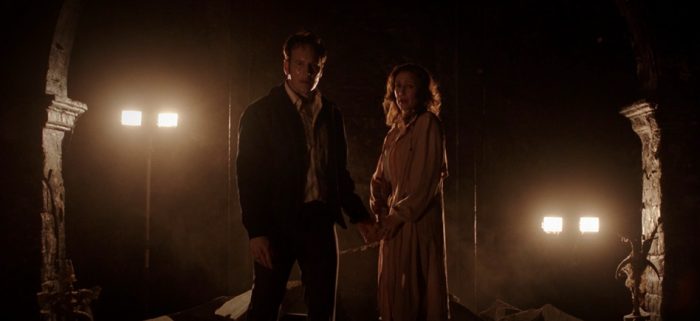
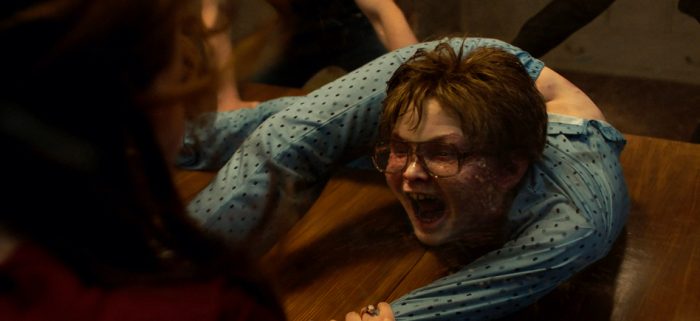
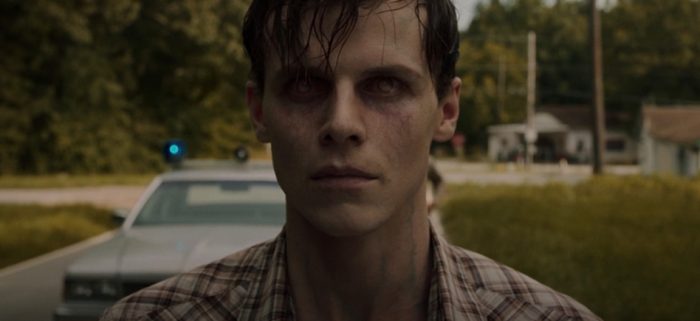
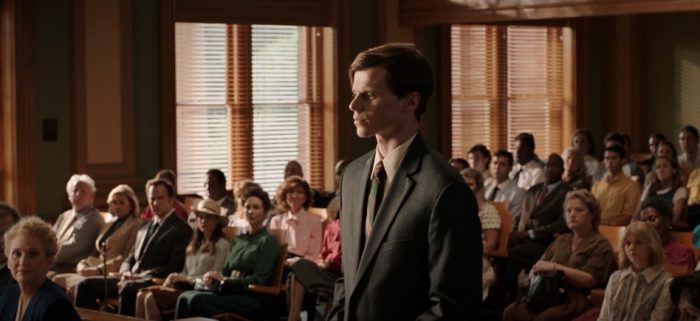
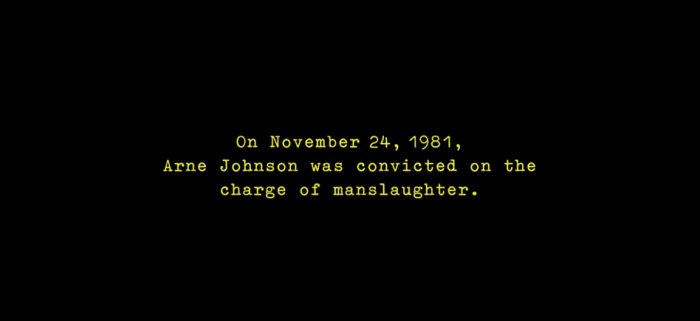
No comments: